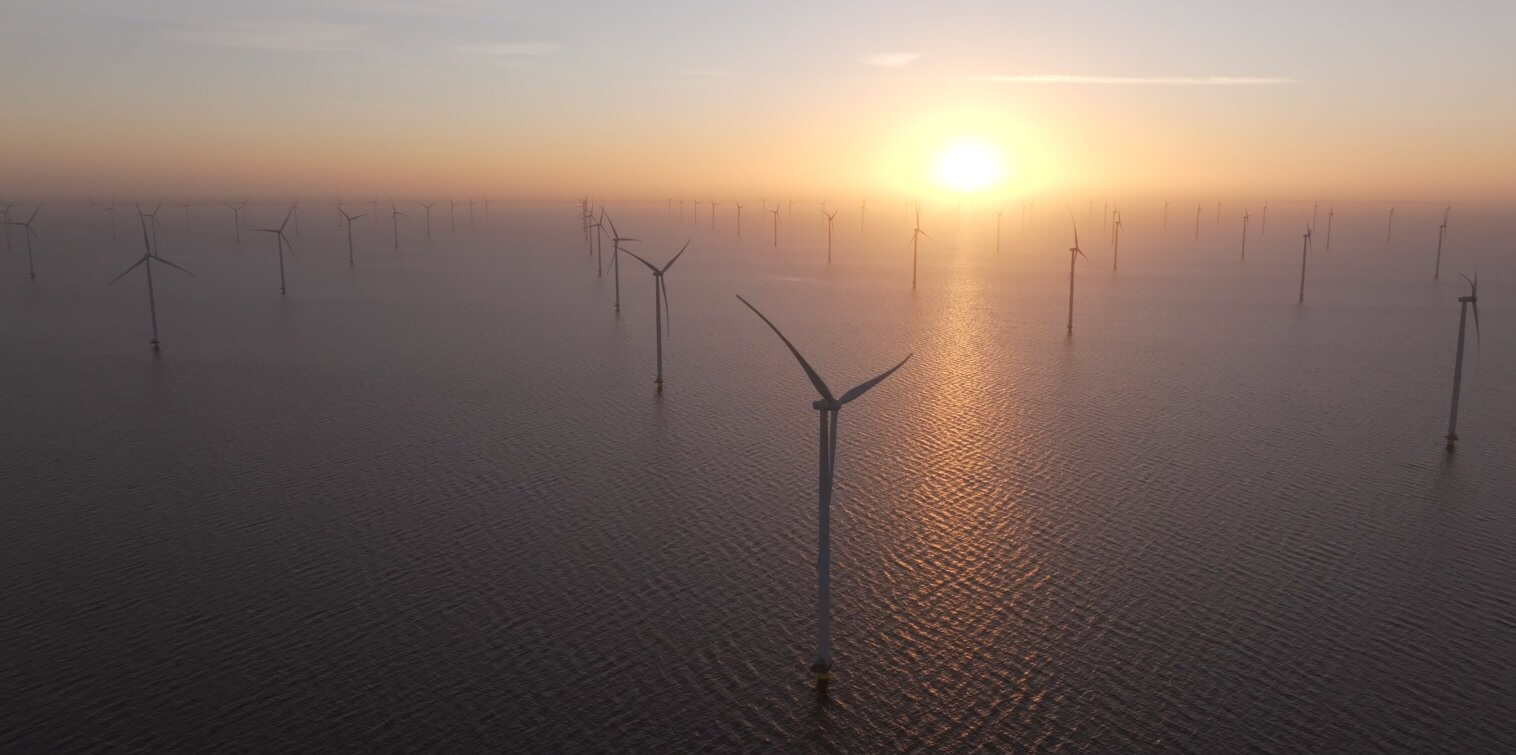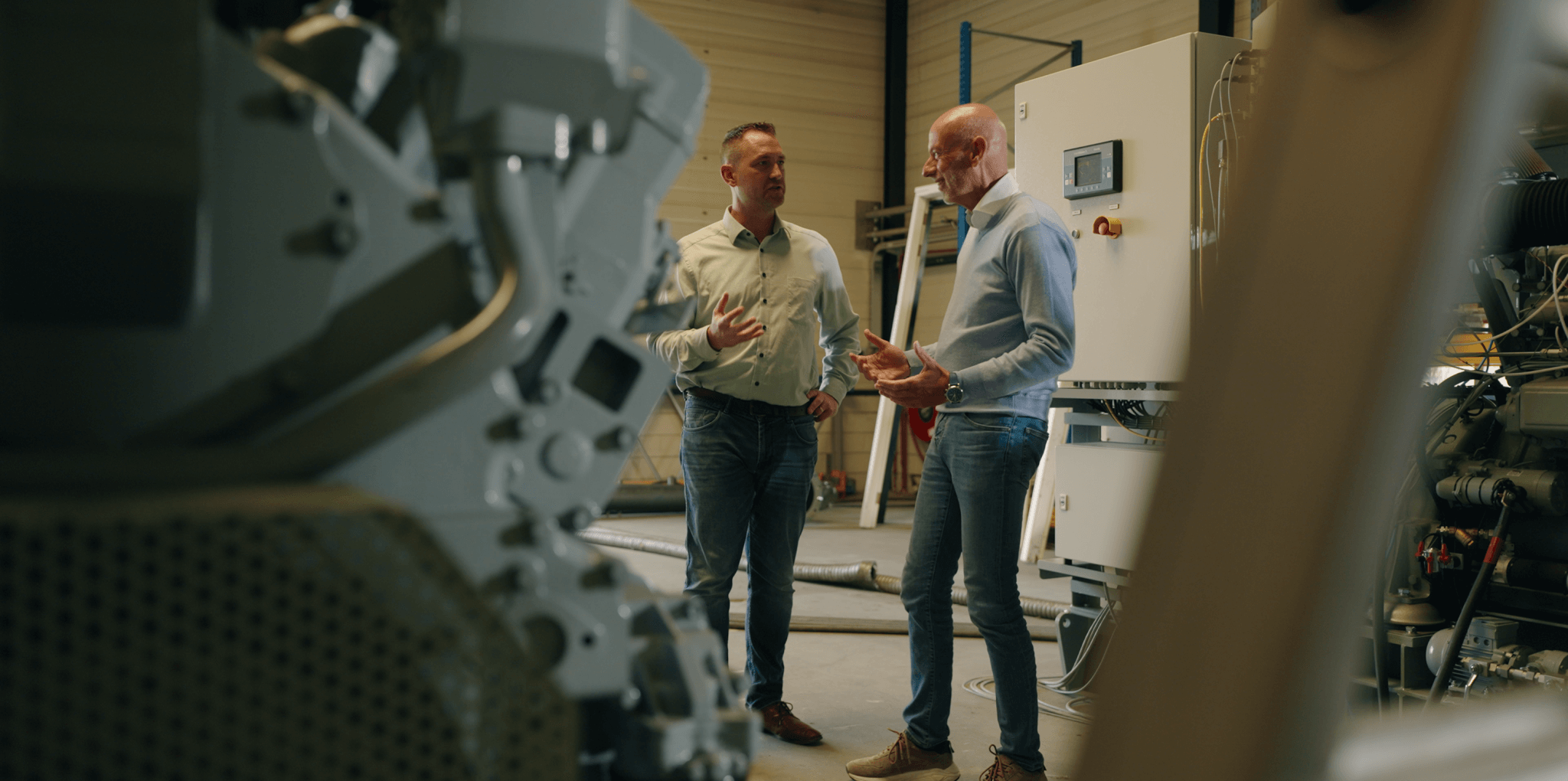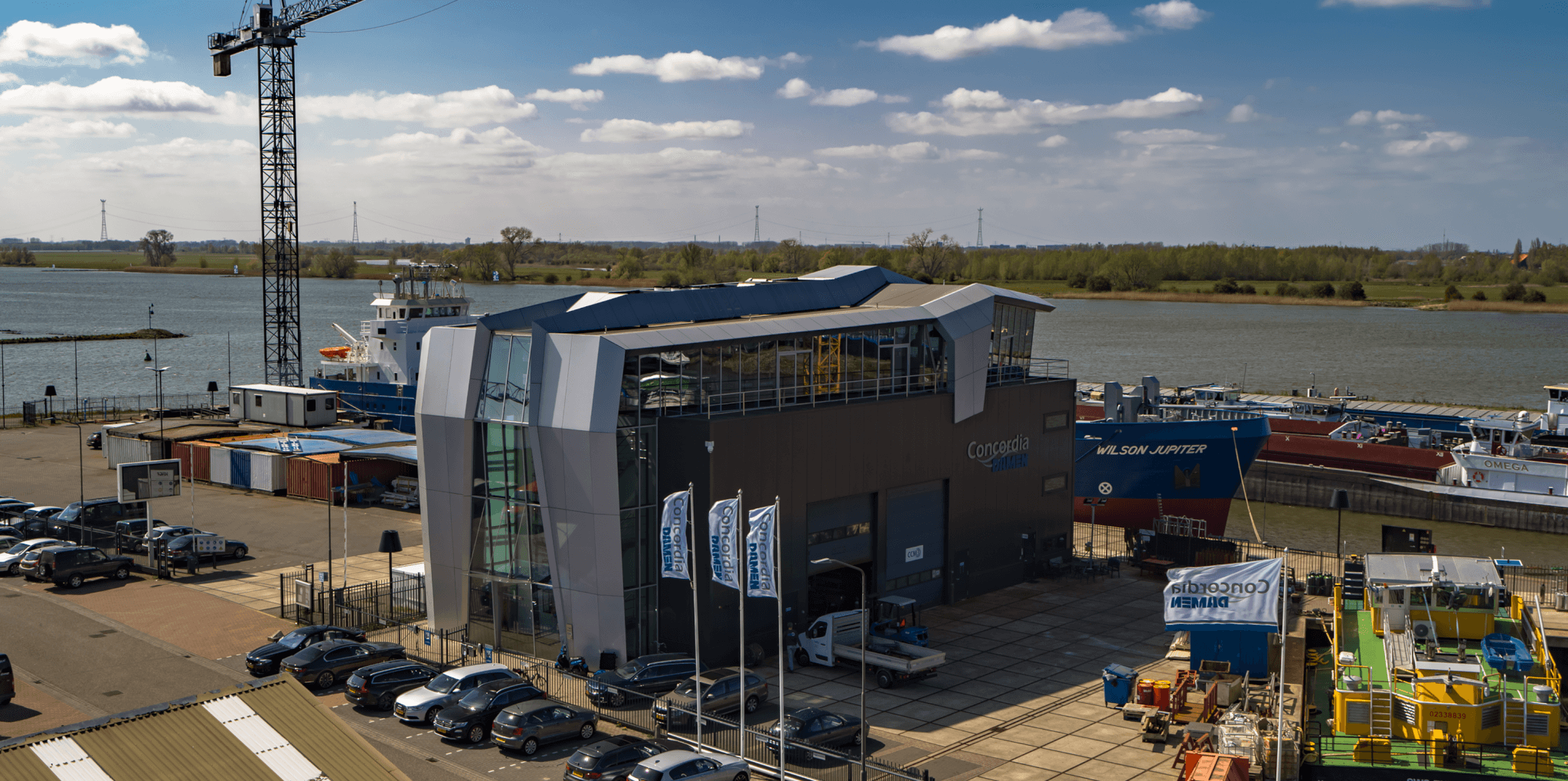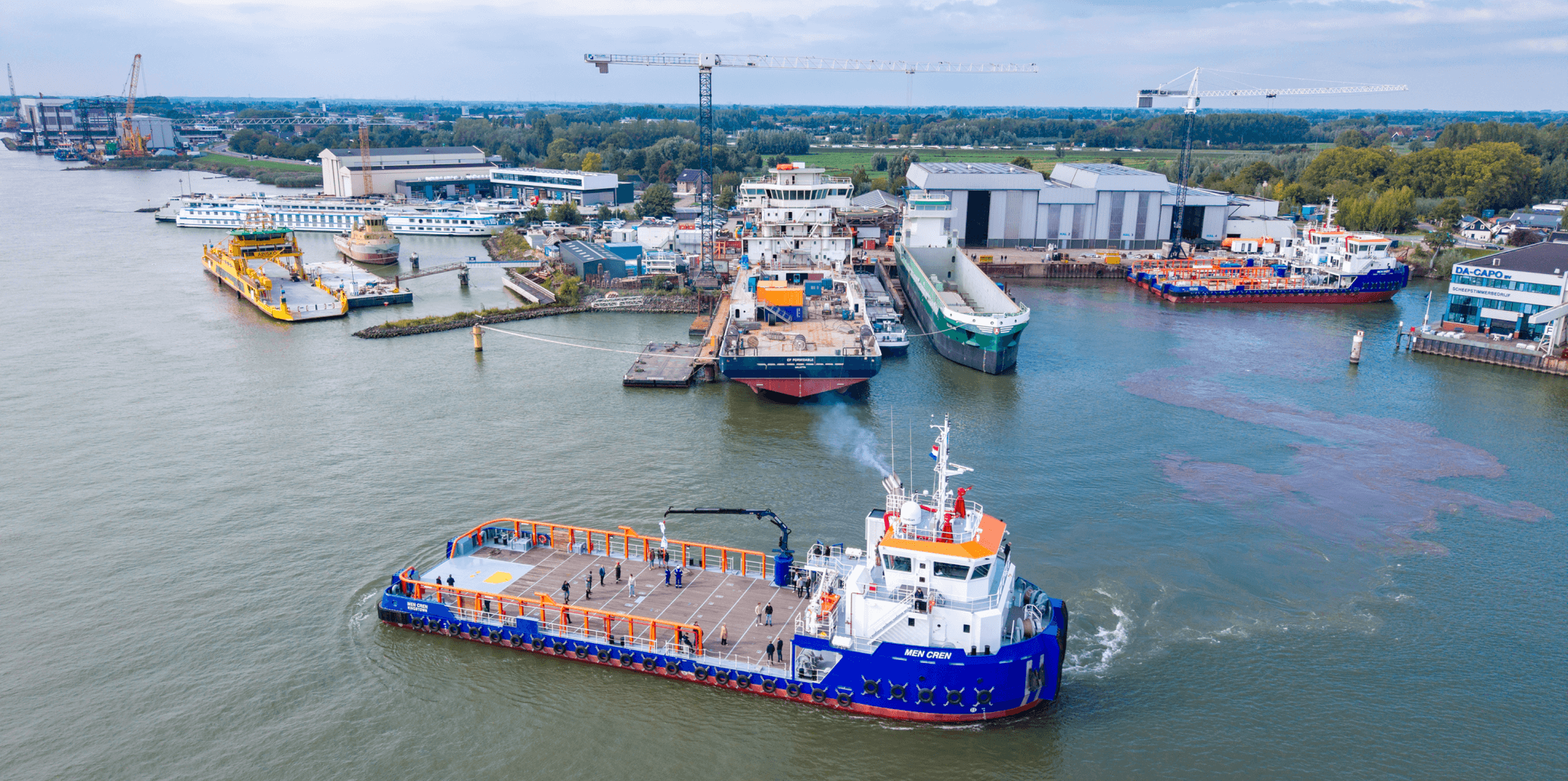Offshore Energy in Rotterdam: innovations and collaborations

Whitepaper
Learn about developments and innovations in the Rotterdam region around sustainable energy production, installation, support, and the benefits of robust regional collaboration. Download the whitepaper below.
Shaping sustainable shipping: innovation, people and partnerships in Rotterdam


Charting her own course: Heleen Kornet on leadership, legacy and navigating a male dominated maritime world


Innovating inland shipping: how Concordia Damen strengthens the maritime ecosystem from Werkendam to Rotterdam


Building smart, specialised vessels: how Holland Shipyards Group turns customer questions into practical innovation


Working with trust and curiosity: Shanna van Berchum on building a career in the maritime industry

